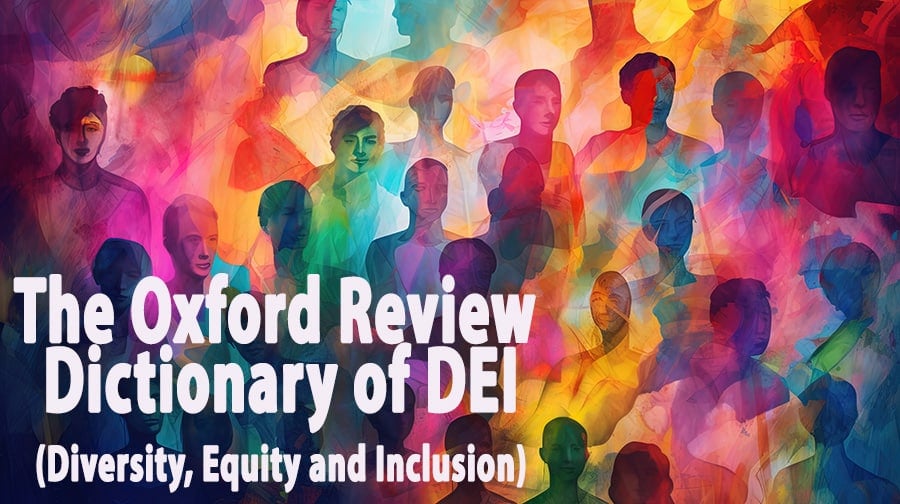Ableism Awareness – definition and explanation

Ableism Awareness in the context of Diversity, Equity, and Inclusion (DEI) refers to the recognition and understanding of ableism and its impact within workplaces and other organisational settings.
Back to The Oxford Review DEI (Diversity, Equity and Inclusion) Dictionary
Main points about Ableism Awareness
- Definition of Ableism – Ableism is the discrimination or social prejudice against people with disabilities. It involves beliefs and practices that devalue individuals with disabilities, viewing them as inferior to non-disabled people. – see Ableism – definition and explanation
- Relevance to DEI – In DEI, ableism awareness is crucial as it impacts the creation of inclusive environments. DEI aims to ensure fair treatment, opportunity, and advancement for everyone, irrespective of their abilities or disabilities.
- Understanding Implicit Bias – Ableism can often be implicit, meaning individuals may hold unconscious biases against those with disabilities. This can manifest in recruitment practices, workplace accommodations, and social interactions within organisations.
- Importance of Inclusive Practices – To counter ableism, organisations should adopt inclusive practices. This includes providing reasonable adjustments, accessible facilities, and ensuring that all employees, regardless of their abilities, can fully participate in the workplace.
- Awareness and Education – Raising awareness about ableism is a key aspect of DEI initiatives. Educating employees about the challenges faced by individuals with disabilities promotes understanding and empathy.
- Representation and Voice – Ensuring that people with disabilities are represented and have a voice in decision-making processes is vital for true inclusivity. It aids in understanding their unique perspectives and needs.
- Legislation and Compliance – Awareness and compliance with legislation related to disability rights, such as the Equality Act 2010 in the UK, are crucial. This legal framework provides a baseline for protecting the rights of individuals with disabilities.
- Challenging Stereotypes and Myths – DEI efforts must actively challenge stereotypes and myths about disability. This includes addressing misconceptions about the capabilities and contributions of individuals with disabilities.
- Creating a Supportive Culture – Fostering a culture where differences are respected and valued, and where employees feel supported irrespective of their abilities, is essential for mitigating ableism.
- Continuous Learning and Improvement – DEI is an ongoing process, and organisations should continually assess and improve their practices to ensure they are not perpetuating ableism.
Ableism Awareness in the context of DEI involves a proactive approach to understanding, recognising, and addressing the challenges faced by individuals with disabilities to foster a truly inclusive and equitable environment.
Further Reading
- Goodley, D. (2014) Dis/ability Studies: Theorising disablism and ableism Kindle Edition – Paperback version here
- Nario-Redmond, M.R. (2019) Ableism: The Causes and Consequences of Disability Prejudice (Contemporary Social Issues)
